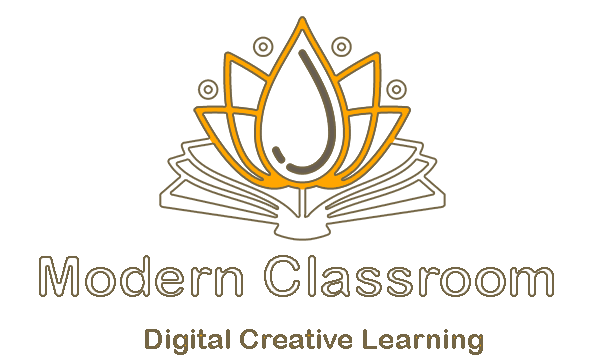Let’s look at how to distinguish between social thinking skills and constructive thinking skills:
Need Help?
[quform id="1" name="Schools Form"]Thinking skills are fundamental cognitive processes that enable individuals to process information, make decisions, solve problems, and create new ideas. Among these skills, social thinking skills and constructive thinking skills stand out, each serving different functions and purposes. This article will explore the distinctions between social thinking skills and constructive thinking skills, providing examples and insights within a South African context suitable for high school learners.
Table of Contents
Distinguishing Between Social Thinking Skills and Constructive Thinking Skills
Distinguishing factors between social thinking skills and constructive thinking skills lie in their primary functions and applications. Social thinking skills focus on understanding and interpreting social situations, human interactions, and emotions. They involve empathy, communication, conflict resolution, and cultural awareness, and are essential for building relationships and working in teams. On the other hand, constructive thinking skills concentrate on critical analysis, synthesis, and evaluation of information. These include critical thinking, problem-solving, creativity, and analytical thinking, aimed at creating new understandings or solutions by building on existing knowledge. While social thinking skills are directed towards human connections and shared understanding, constructive thinking skills are more concerned with logical reasoning, innovation, and intellectual development.
Social Thinking Skills
Definition and Function
Social thinking skills refer to the ability to understand and interpret social situations, human interactions, and emotions. These skills are vital in building relationships, working in teams, and navigating complex social landscapes.
Key Components
- Empathy: Understanding others’ feelings and responding compassionately.
- Communication: Expressing thoughts and emotions effectively.
- Conflict Resolution: Finding solutions to disagreements in a peaceful manner.
- Cultural Awareness: Recognizing and respecting different cultural norms and values.
Example
In a diverse classroom setting, social thinking skills enable students to understand and appreciate the unique perspectives of their classmates, promoting tolerance and collaboration.
Constructive Thinking Skills
Definition and Function
Constructive thinking skills involve the ability to critically analyze, synthesize, and evaluate information to create new understanding or solutions. It’s about building on existing knowledge to reach new conclusions or innovate.
Key Components
- Critical Thinking: Analyzing and evaluating information or arguments.
- Problem-Solving: Finding solutions to complex problems through logical reasoning.
- Creativity: Using imagination to develop new ideas or solutions.
- Analytical Thinking: Breaking down complex information into understandable parts.
Example
In a science project, students may apply constructive thinking skills to analyze data, draw conclusions, and create a new experiment or model based on their findings.
Comparison
While social thinking skills are geared towards understanding and navigating human interactions, emotions, and relationships, constructive thinking skills focus on logical reasoning, analysis, creativity, and problem-solving. Social thinking skills are more about connecting with others and building a shared understanding, while constructive thinking skills are more about creating, analyzing, and synthesizing information.
Conclusion
Social thinking skills and constructive thinking skills are vital cognitive tools that serve different yet complementary functions. Social thinking is about empathizing, communicating, and working with others, whereas constructive thinking is about analyzing, creating, and problem-solving. Understanding these distinctions helps in applying the right skill set in various contexts, be it in personal relationships, educational pursuits, or professional environments. Recognizing and developing both sets of skills can lead to a more balanced and successful approach to life, particularly in a culturally diverse nation like South Africa.
No related posts found.

